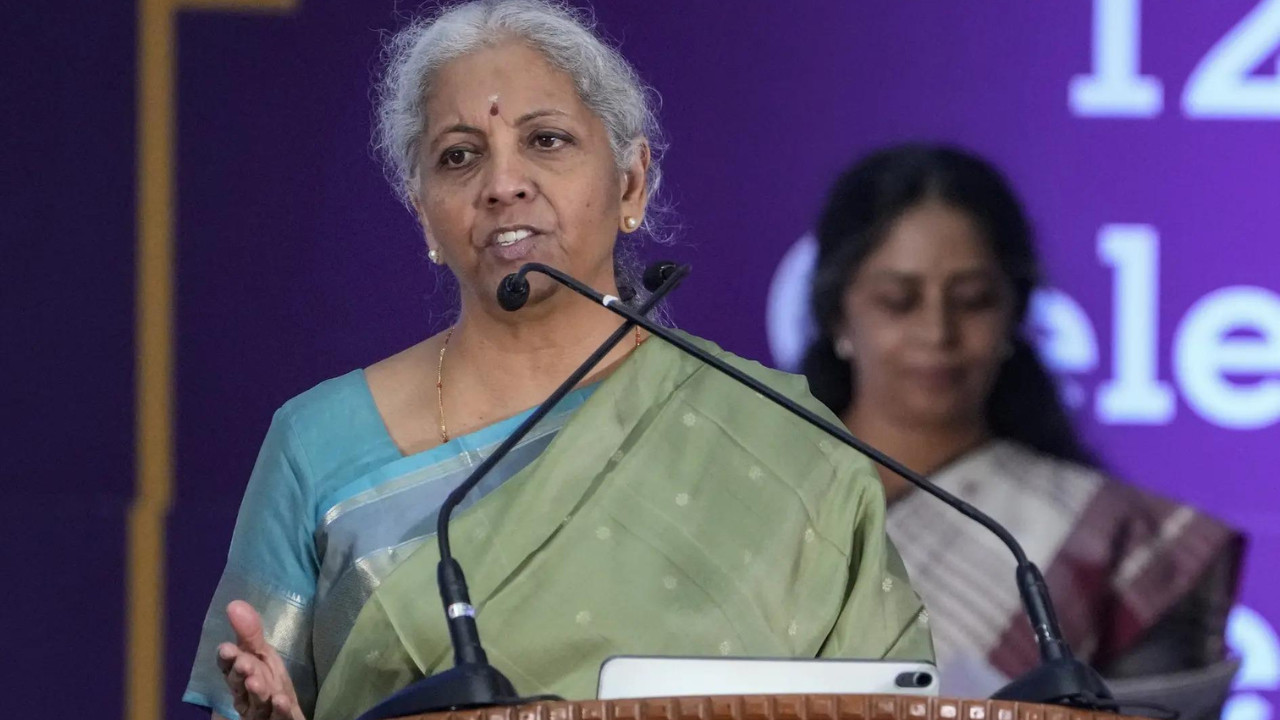Finance Minister Nirmala Sitharaman announced upcoming GST reforms aimed at creating a more open and transparent economy, reducing compliance burdens for small businesses. The proposed changes include simplifying the tax slab structure, streamlining registration and filing processes, and addressing rate concerns across various industries.
Simplifying Tomorrow’s Taxes: GST 2.0 on the Horizon
The Goods and Services Tax (GST), India’s ambitious indirect tax reform, isn’t standing still. Finance Minister Nirmala Sitharaman recently hinted at significant “next-generation” reforms aimed at making the GST ecosystem more transparent and efficient. It’s a bold move, signaling a commitment to evolve the system and address lingering challenges. So, what can we expect from this GST 2.0?
Since its implementation in 2017, the GST has undeniably reshaped India’s economic landscape. It streamlined a complex web of state and central taxes into a unified system. Yet, like any large-scale transformation, the GST has faced its share of hurdles. Issues like input tax credit mismatches, complexities in compliance, and the ever-present potential for evasion continue to demand attention.
The government seems keenly aware of these pain points and is actively exploring technological solutions to address them. The focus appears to be on leveraging data analytics and artificial intelligence to enhance transparency and automate processes. Imagine a future where filing returns is significantly easier, audits are more targeted, and fraud detection is lightning fast. This is the vision of a digitally empowered GST ecosystem.
One of the key areas being explored is the wider adoption of e-invoicing and real-time data reconciliation. By making transactions more visible and traceable, the government hopes to minimize discrepancies and curb tax evasion. Think of it as creating a digital paper trail that leaves little room for ambiguity or manipulation. This increased transparency will not only benefit the government but also honest businesses by creating a level playing field.
Cracking Down on Tax Evasion with a Smarter GST System
Tax evasion remains a significant challenge worldwide, and India is no exception. The next phase of GST reforms is likely to incorporate more sophisticated mechanisms for identifying and tackling fraudulent activities. Expect to see advanced data analytics being deployed to spot suspicious patterns and anomalies that might indicate tax evasion. Furthermore, increased collaboration between different government agencies is expected to become routine, allowing for more comprehensive investigations and faster enforcement.
But technology isn’t the only answer. Simplification of procedures and regulations is equally crucial. Many businesses, particularly small and medium-sized enterprises (SMEs), still struggle with the complexities of GST compliance. Streamlining processes, reducing the number of forms, and providing clear and accessible guidance are essential steps in making the system more user-friendly. The aim is to alleviate the compliance burden and encourage greater participation in the formal economy.
Towards a More Efficient and Transparent Tax Structure
The government’s commitment to stakeholder engagement is also noteworthy. Regular dialogues with businesses, tax professionals, and industry associations are vital for understanding their concerns and incorporating their feedback into the reform process. A collaborative approach ensures that the reforms are practical, effective, and address the real-world challenges faced by taxpayers.
Moreover, a critical component of the next generation GST reforms involves capacity building for tax administrators. Equipping tax officials with the necessary skills and knowledge to navigate the complexities of the evolving GST landscape is paramount. This includes training in data analytics, fraud detection, and the latest technological advancements. A well-trained and technologically savvy workforce is essential for effective implementation and enforcement of the reforms.
The FM’s statement also highlighted the government’s intention to refine the rate structure and address inverted duty structures, where the tax on inputs is higher than the tax on outputs. This anomaly can create significant financial burdens for certain industries and needs to be rectified to ensure a more equitable and efficient tax system. Addressing these structural issues will require careful analysis and a balanced approach to minimize disruptions and maximize benefits.
This isn’t just about collecting more taxes; it’s about creating a more business-friendly environment, fostering economic growth, and ensuring that the benefits of development reach all sections of society. This drive toward simplifying tomorrow’s taxes through these `next generation GST reforms` showcases the government’s long-term vision for a stronger and more prosperous India. It will be interesting to follow the specific measures introduced and their impact on businesses and the economy as a whole.
As India continues its journey of economic transformation, the evolution of the GST will play a pivotal role in shaping its future. By embracing technology, simplifying processes, and fostering collaboration, the government can create a GST system that is not only efficient and transparent but also contributes to sustainable and inclusive growth. For example, integrating the GST system with the MCA21 portal could further streamline corporate compliance. This ongoing refinement is crucial for unlocking the full potential of India’s economy.








